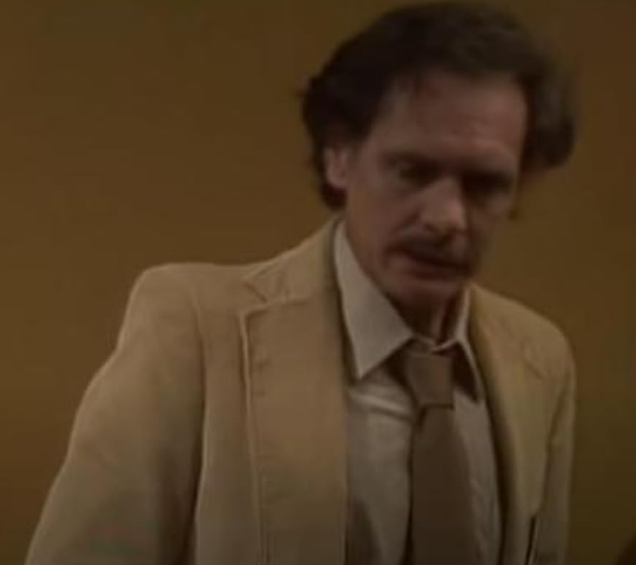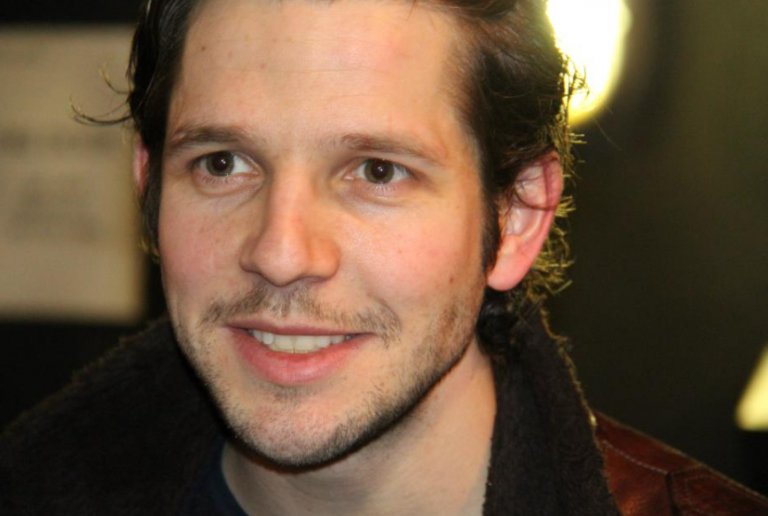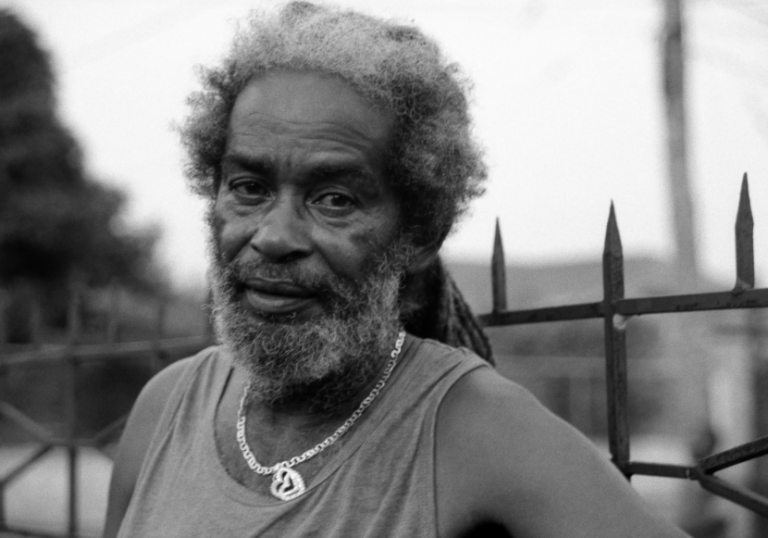Australian Television Icon Paul Karo Dies at 89
Paul Karo, a veteran of Australian television, theatre, and film, passed away in April 2025 at the age of 89. His death marks the loss of a versatile actor whose career stretched across decades and helped shape the character of Australian drama during the country’s formative years of television storytelling.
Born in Melbourne in 1936 to a Sephardic Jewish family, Karo discovered his love for acting at an early age. He pursued formal training in the craft, ultimately becoming one of the recognizable faces in Australian stage and screen productions from the 1960s through the 1990s. His work was distinguished by an ability to shift seamlessly between intense dramatic roles and nuanced character portrayals, often giving depth to supporting parts that might have gone unnoticed in lesser hands.
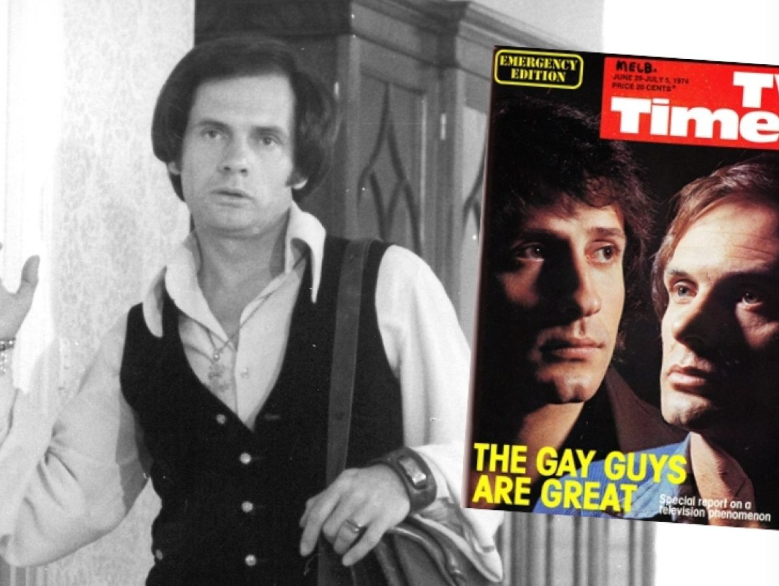
Karo’s career on television became especially significant during a time when the medium was finding its unique identity in Australia. He gained early recognition for his appearance in Quiet Night (1961), a television drama that reflected the nation’s growing appetite for homegrown storytelling. He later went on to appear in the groundbreaking soap opera The Box (1970s), one of Australia’s most talked-about programs, which pushed boundaries with its frank exploration of adult themes. His performance added richness to the ensemble and helped cement the show’s place as a cultural touchstone of its era.
Perhaps his most enduring role came with Prisoner (also known internationally as Prisoner: Cell Block H), where Karo joined a series that would achieve cult status worldwide. As part of the ensemble cast, he contributed to the show’s gritty, emotional exploration of life inside a women’s prison. His work on Prisoner connected him to a global fan base, with the series later enjoying renewed popularity in syndication and through its spiritual successor, Wentworth.
Beyond television, Karo was active in theatre, performing in a wide variety of stage productions that showcased his versatility. His stage work often leaned into the classical, but he was equally adept at modern Australian plays, reflecting his commitment to nurturing the nation’s artistic voice. Karo’s dedication to the craft earned him respect among peers and audiences alike, positioning him as one of those essential character actors who could elevate every production in which he appeared.
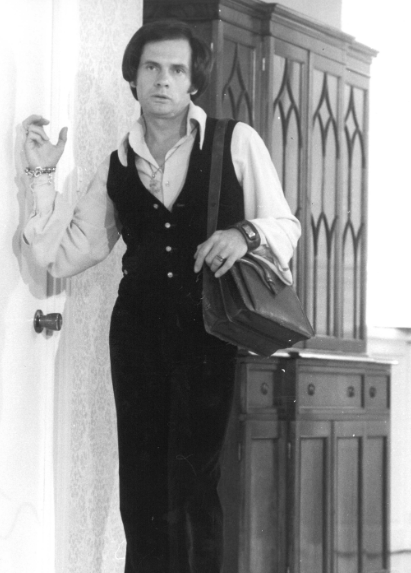
Though never chasing stardom in the conventional sense, Karo built a career defined by substance and integrity. His colleagues often spoke of his generosity as a performer—someone who listened, responded, and contributed to the whole, rather than seeking to dominate the spotlight. For this reason, he was deeply admired within the acting community, particularly by younger actors who saw in him a model of professionalism and artistic discipline.
As Australian television evolved, Karo’s contributions served as a bridge between its early, formative years and its more modern, internationally recognized era. His roles remain part of the fabric of Australian entertainment history, particularly for fans who grew up watching The Box and Prisoner during their original runs.
Off-screen, Karo lived a relatively private life, preferring to let his body of work speak for itself. In later years, he made fewer public appearances, but his legacy endured through reruns, retrospectives, and the lasting admiration of colleagues and fans.
With his passing at 89, Australia has lost not just an actor, but a cultural figure who helped define its entertainment industry during a crucial period of growth. His career embodied the resilience and richness of Australian storytelling, balancing television, theatre, and film in ways that demonstrated the breadth of his talent.
Paul Karo will be remembered for his dedication to the craft of acting, his enduring performances in landmark television dramas, and his quiet but profound influence on Australian stage and screen. His life’s work stands as a reminder of the power of character actors to shape narratives and bring depth to the worlds they inhabit.

